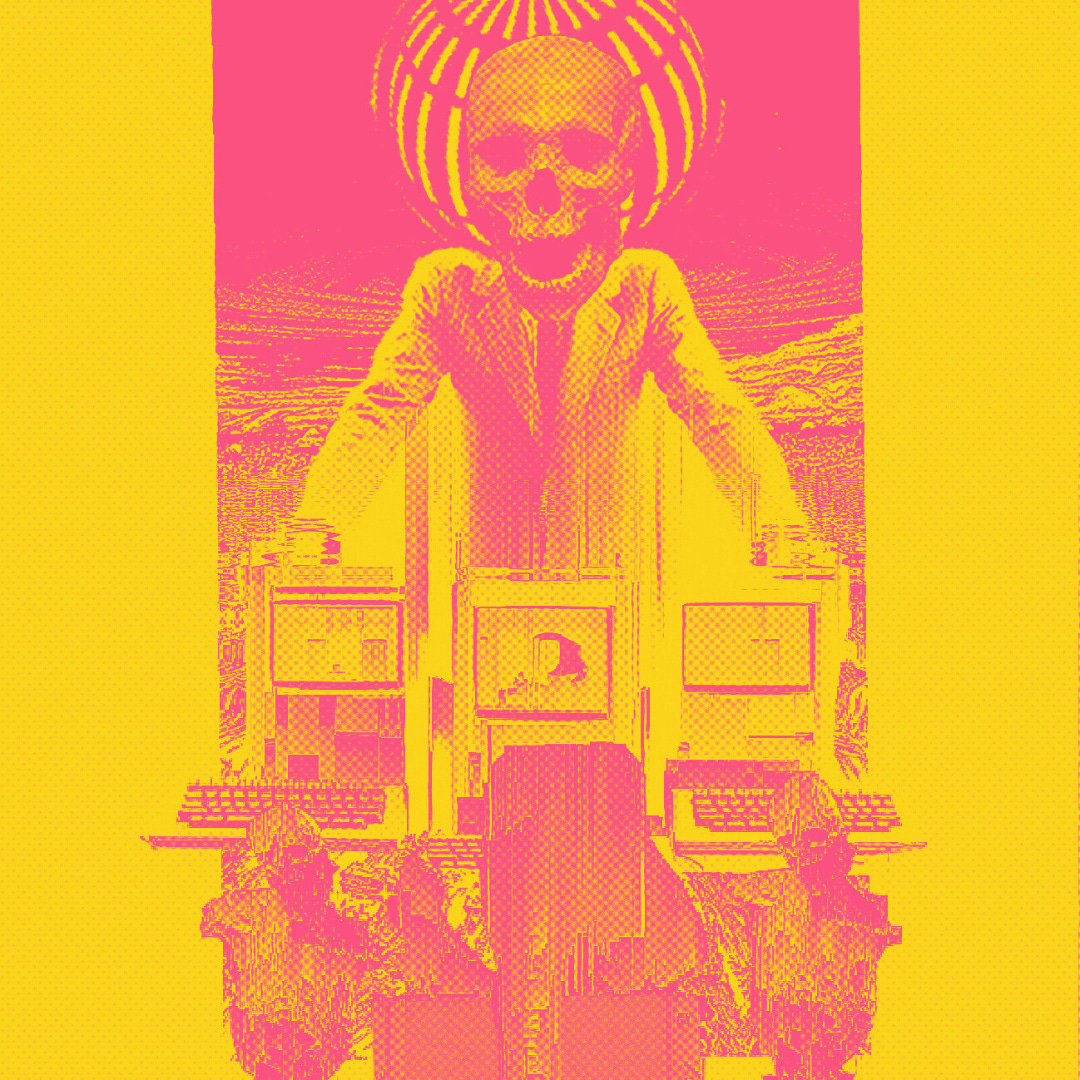The New Wave of Self-Publishing: Thriving in the Shadow of AI
As AI gets better and faster at producing middle-of-the-road genre writing, human writers are doubling down on beauty and uniqueness.
If you’ve been following me online elsewhere, you might have noticed that I’m trying to work a bit more with the ‘garage door open.’ I’m trying to let people behind the scenes. To be brutally honest, I’m tired of holding onto any type of professional veneer as an author. The fact is I’m a massive nerd for self-publishing, having started out in zine-making as a teenager, and having followed the DIY path through heavy metal bands and weirdo music back into my early fiction and I’m still at it to this day, even with a traditional publishing deal in tow. With that in mind, here’s some thoughts on where I think self-publishing is going at the moment, or at least, the direction in which I’m headed.
For years, the self-publishing world—especially on Amazon—has revolved around algorithmic optimisation. The goal? Gaming bestseller charts to maximise store visibility. While this felt contemporary, it’s a promo strategy straight out of traditional publishing’s historical playbook: sell books through shelf space.
Over time, the ebook version of this strategy evolved into rapid-release production: churning out books at breakneck speed to stay front of mind and on the lists. In this landscape, a romance writer or supernatural YA author might release a book a month for years, raking in serious profits. No diss. I respect this hustle and it’s wild ambition.
But now, this terrain is highly vulnerable to AI disruption.
To be clear, I don’t think AI will meaningfully outperform human authors anytime soon—at least not for another decade. But the sheer volume of AI-generated content will make it harder and harder for human authors to stand out. It’s going to wreak havoc on the important part: store visibility.
The good news here is that new paths are already opening up. As rapid-release strategies began saturating the ebook market, many authors started looking for a Plan B. They’ve paved the road ahead for the rest of us. The most obvious solution? Selling directly to readers through platforms like Shopify, WooCommerce, Gumroad, or Kickstarter.
These direct-to-reader models thrive on exclusivity. Kickstarter, for example, encourages authors to create tiered offerings—essentially a series of Would you like fries with that? upsells that are highly lucrative. Meanwhile, effective author shopfronts often focus on super fans and high-margin products like deluxe editions and branded merchandise.
The advantage here is that whether you love or loathe AI, it can’t create bespoke products. At present, it can barely create good enough products. And that’s where human authors have an edge.
We’re entering a whole new wave of independent publishing. The grind-it-out approach of the past is no longer the way forward. That approach leaned into rapid repeatable pleasures. The new wave is about idiosyncratic, deep entertainment.
In this new wave, the spoils will go to the most talented at crafting compelling worlds and expanding them into personalised, premium experiences for their readers. People with varied skillsets are going to reign. Having an aesthetic — a human brand that says something to other humans — will be key.
That’s enough,
- IAIN
PS:








Couldn’t agree more. I used to wonder how authors could pump out 10 books a year without it being hacky repetitive crap with no quality control and the answer is obvious: that’s exactly what it was. It’s impossible for it not to be. AI will just make this worse.
Real writers will have to evolve with it and be better. Go deeper and weirder. Make it more idiosyncratic. Bring it on.
You wrote: wreck havoc
I think you might have meant to write : wreak havoc.